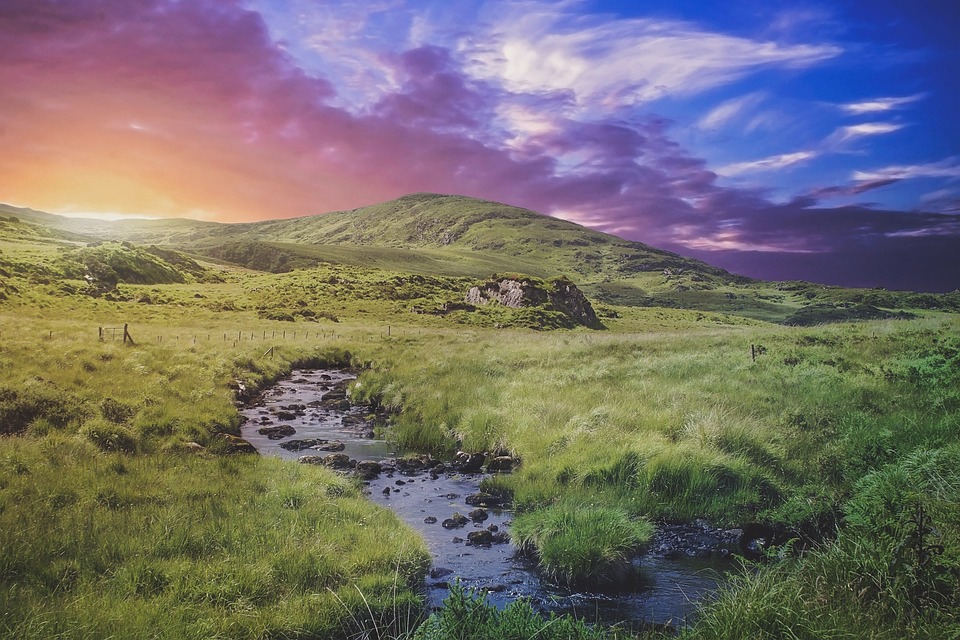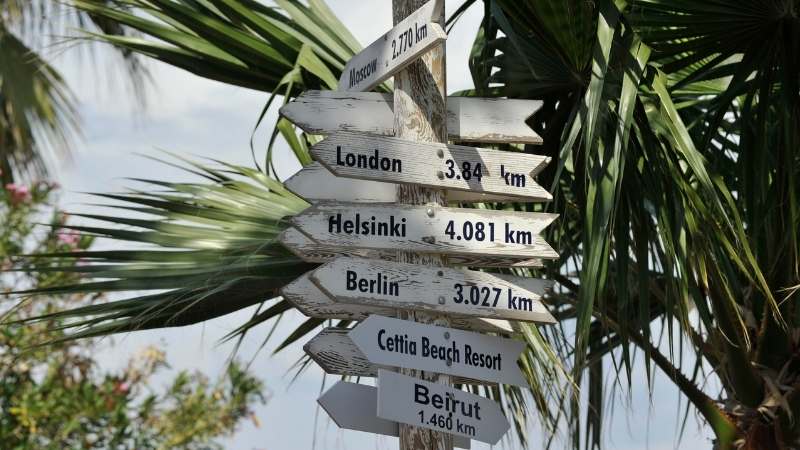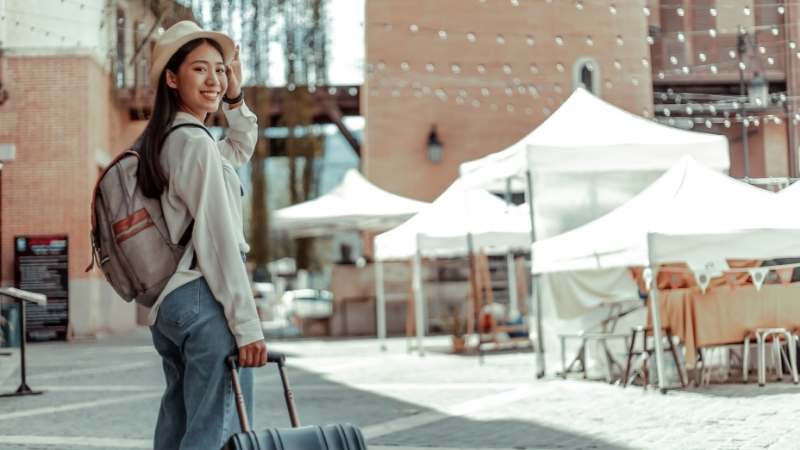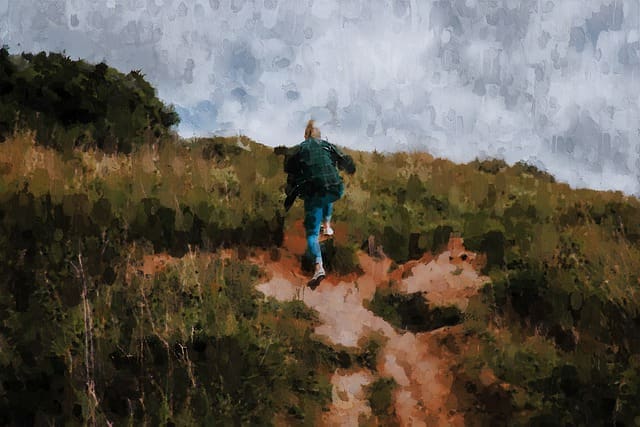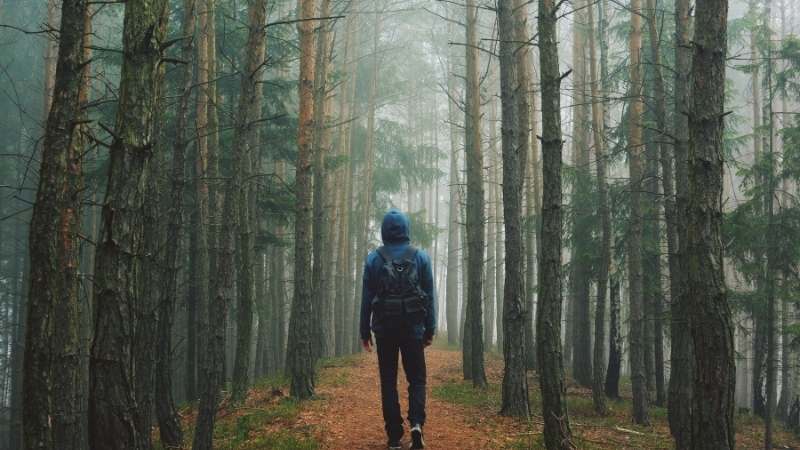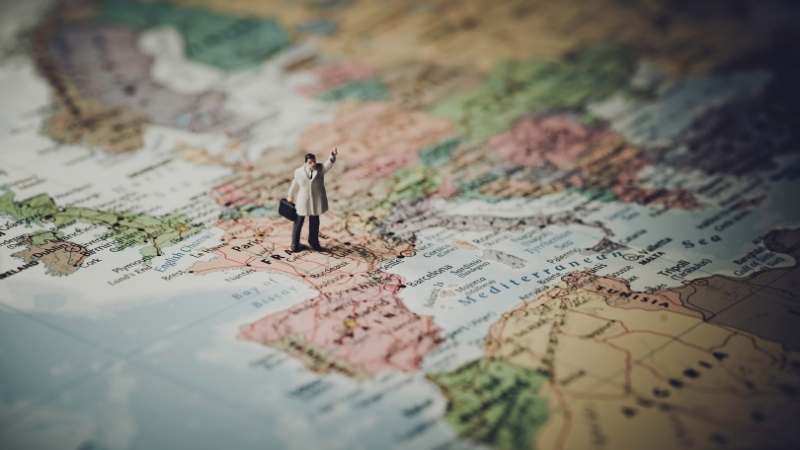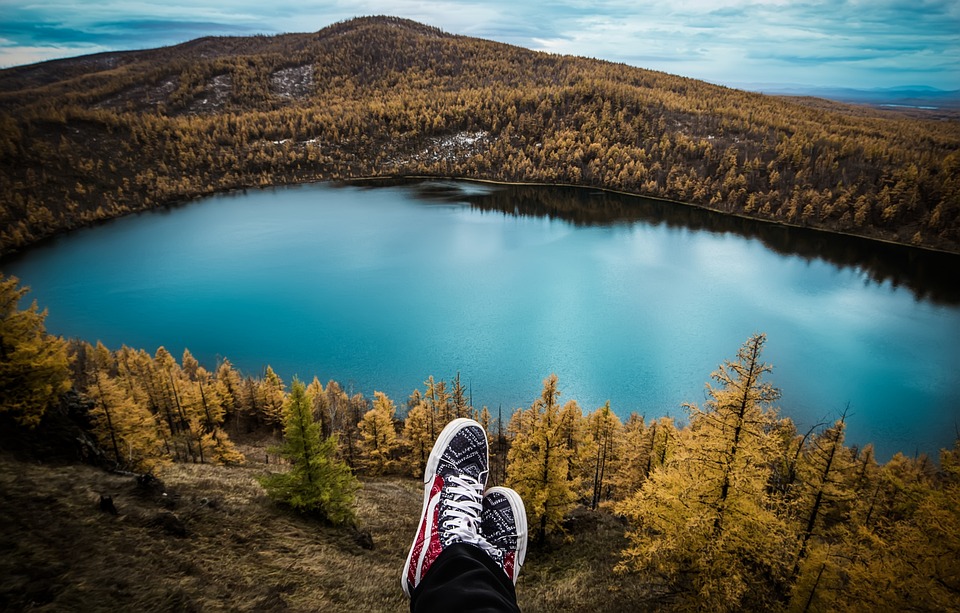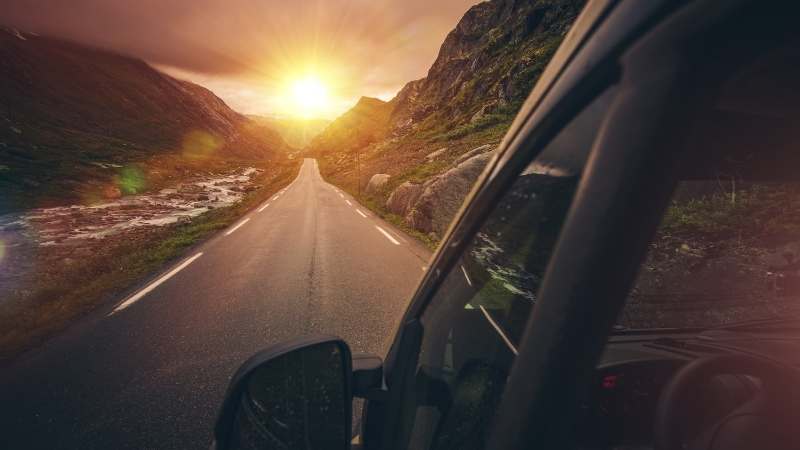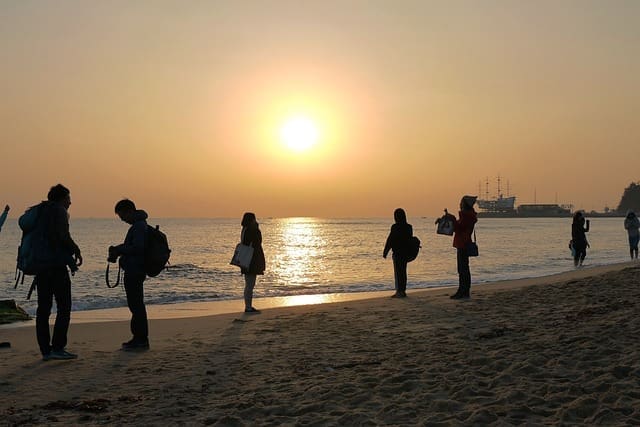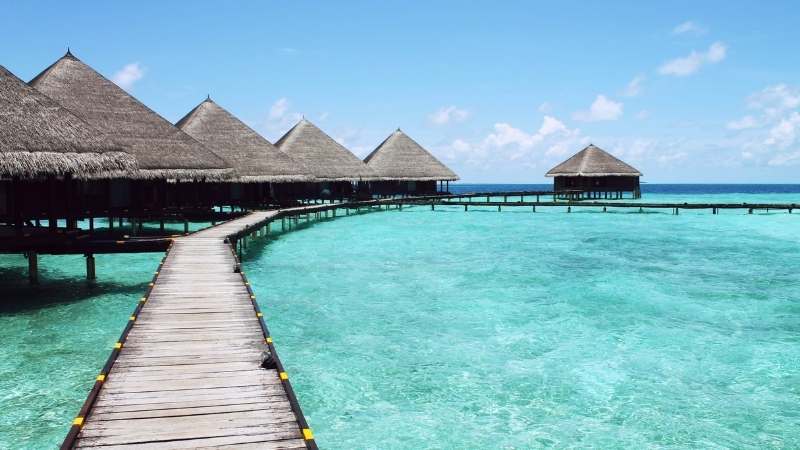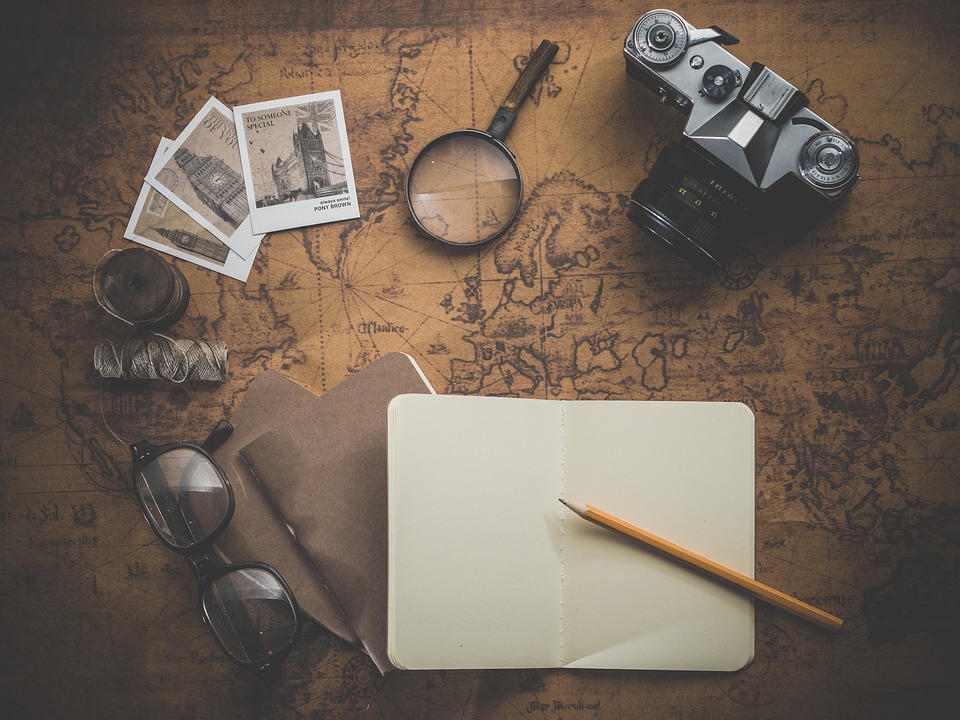Expert Travel Tips for Budget-Friendly Adventures
Traveling on a budget doesn’t mean you have to sacrifice fun and adventure. With a little planning and some expert tips, you can have an amazing journey without breaking the bank. Here are some expert travel tips for budget-friendly adventures to help you make the most of your next trip.
1. Plan Ahead: One of the most important things you can do to save money on your travels is to plan ahead. This means doing your research on destinations, accommodations, and activities well in advance. By booking flights, hotels, and activities ahead of time, you can often find better deals and avoid last-minute price hikes.
2. Travel Off-peak: If you can be flexible with your travel dates, consider visiting your destination during off-peak seasons. This can often result in significant savings on flights, accommodations, and activities. Plus, you’ll have the added bonus of avoiding crowds and long lines at popular tourist attractions.
3. Use Budget Airlines: When it comes to booking flights, consider using budget airlines to save on costs. These carriers often offer lower fares and can be a great way to get from one destination to another without breaking the bank. Just be sure to factor in any additional fees for things like baggage and seat selection.
4. Stay in Budget Accommodations: Instead of splurging on luxury hotels, consider staying in budget accommodations such as hostels, guesthouses, or vacation rentals. Not only are these options often more affordable, but they also provide the opportunity to meet other travelers and locals, adding to the overall experience of your trip.
5. Be Flexible with Accommodations: Consider being open to alternative accommodations, such as couch-surfing, house-sitting, or camping. These options can provide unique experiences and significant cost savings, especially for longer trips.
6. Eat Like a Local: Dining at fancy restaurants can quickly eat up your travel budget. Instead, opt for local street food, markets, and small neighborhood eateries to experience authentic cuisine at a fraction of the cost. Plus, you’ll have the opportunity to interact with locals and discover hidden culinary gems.
7. Use Public Transportation: Instead of relying on taxis or rental cars, use public transportation to get around. Not only is this often more affordable, but it can also provide a more immersive experience of the destination. Plus, it’s a great way to interact with locals and get a glimpse of everyday life in the area.
8. Look for Free or Low-cost Activities: Research and seek out free or low-cost activities and attractions at your destination. Many cities offer free walking tours, museums with donation-based entry, and outdoor activities such as hiking and cycling. By taking advantage of these options, you can experience the destination without spending a lot of money.
With a little creativity and some expert travel tips, it’s entirely possible to have an incredible adventure while sticking to a budget. By planning ahead, being flexible, and seeking out affordable options, you can make the most of your travels without breaking the bank. So, pack your bags and get ready for a budget-friendly adventure!

